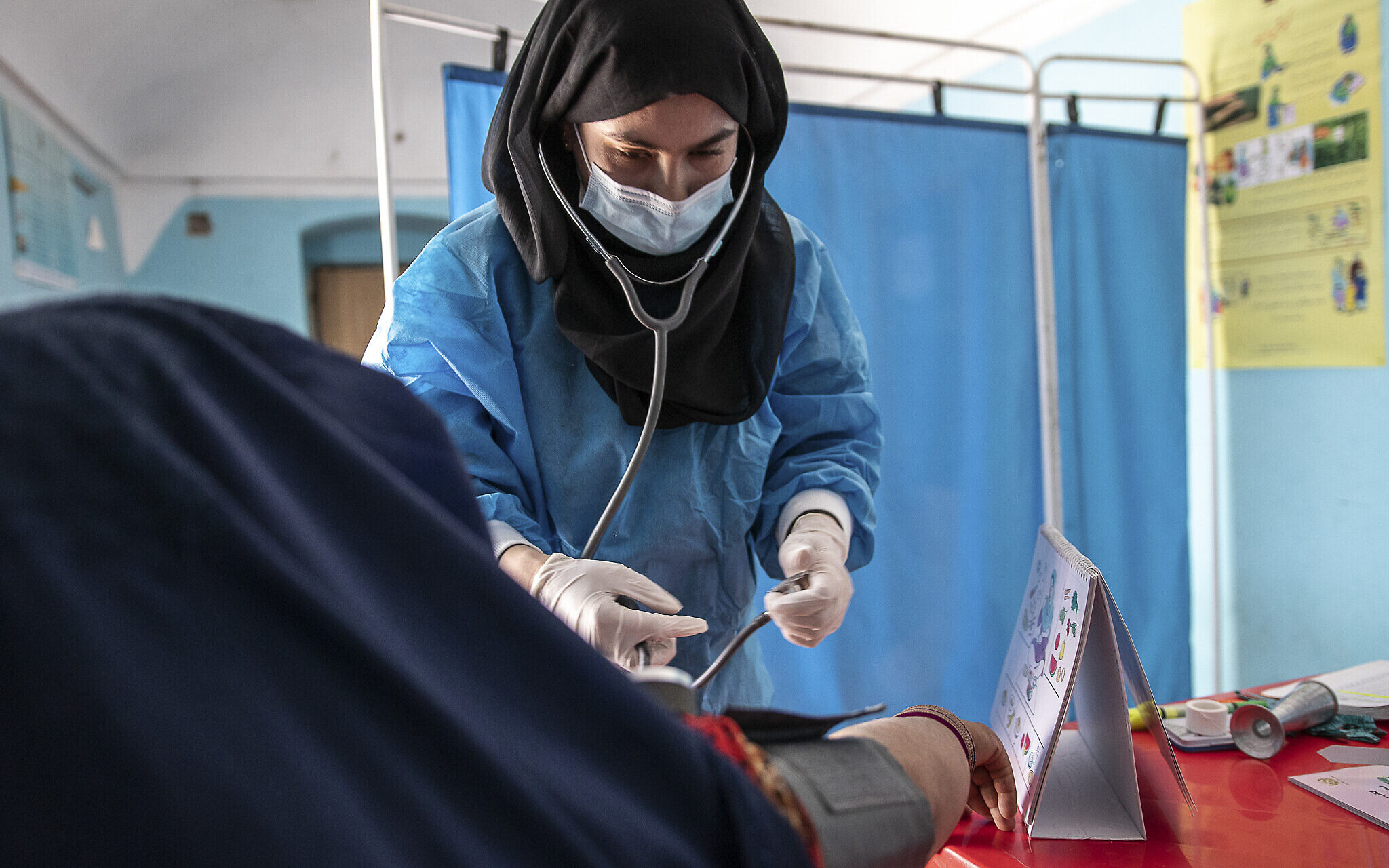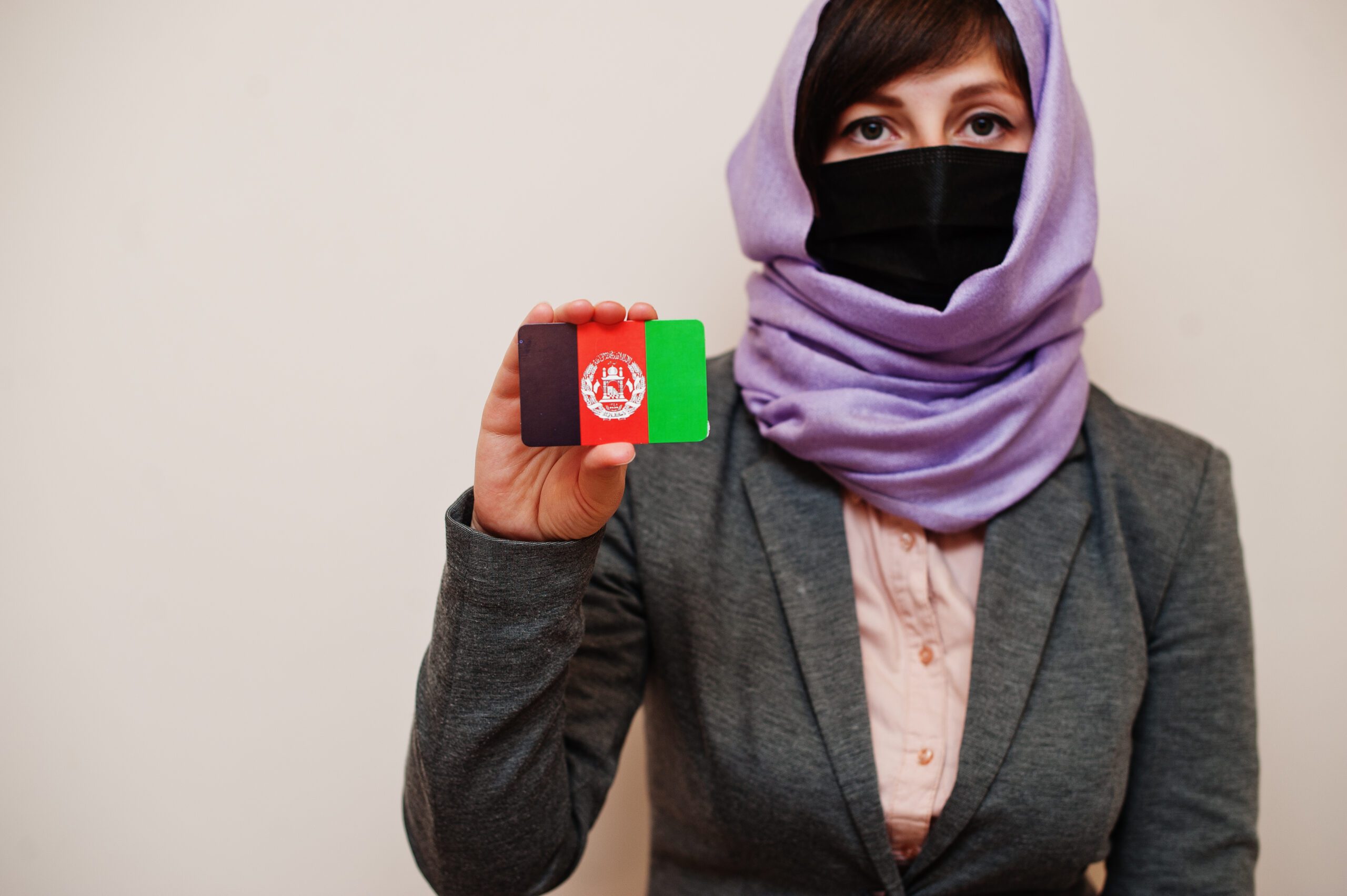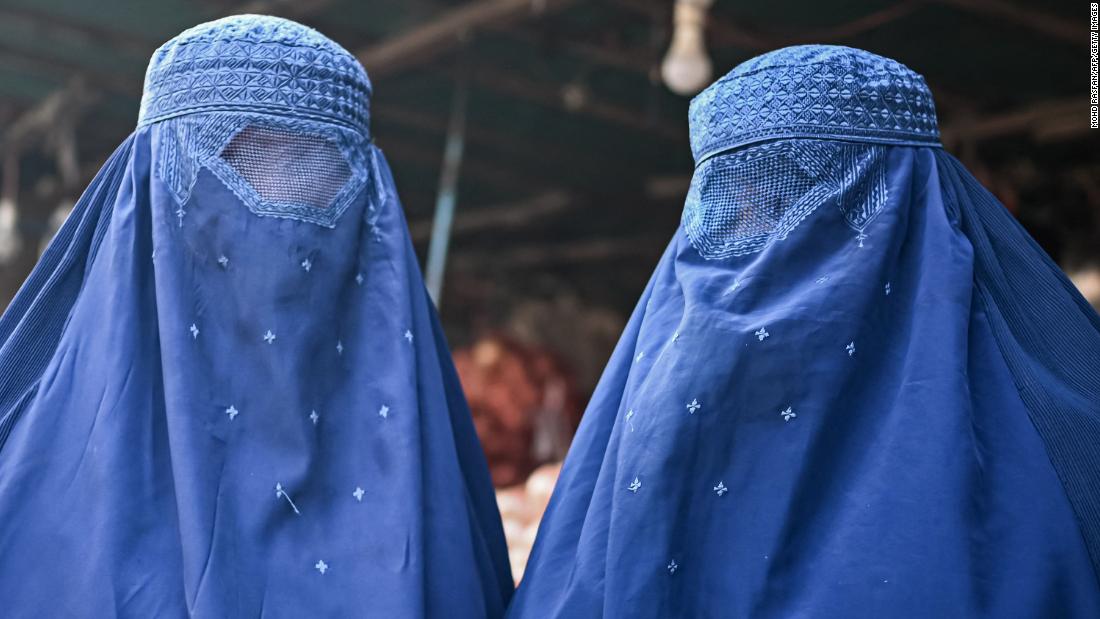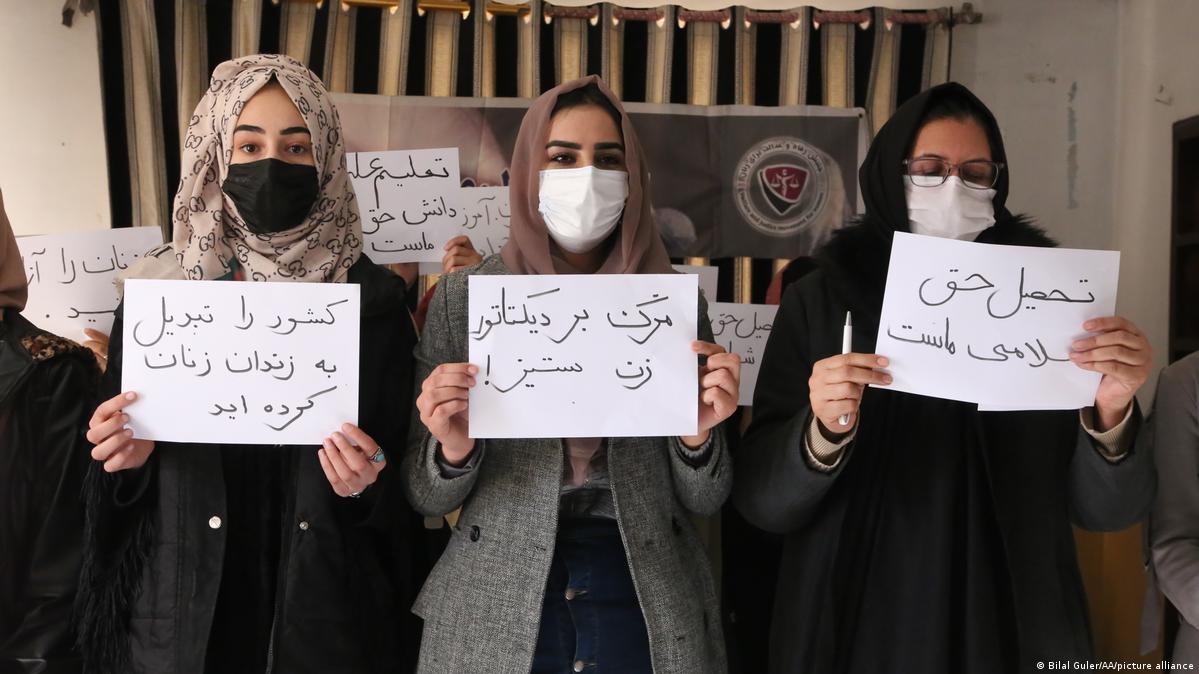It is with great sadness that I write about the latest shocking news from Afghanistan where the Taliban regime has decided to suspend college education for women.
A number of utterly unconvincing excuses were given to explain the sorry decree. These excuses ranged from the need to observe Hejab and modesty rules to financial hardships.
However, these justifications seemed too feeble and rickety to be taken seriously by friend and foe alike.
Predictably, traditional enemies of Islam in several Western countries wasted no time in lambasting Taliban in the strongest language and hurling all sorts of insinuations and innuendos at Islam itself as if the Taliban regime were the ultimate paragon of God’s final testament to mankind.
I will not allow myself to be swayed or unduly influenced by the vindictive waves of Islamophobia coming from Washington, London and Paris. But the US, for example, is absolutely unfit to give humanity lectures on human rights. Indeed, the American empire needs hundreds of years to atone for its crimes against humanity, carried out, with malice aforethought, against the thoroughly savaged, thoroughly tormented and thoroughly impoverished people of Afghanistan. The American Yankees, whose ancestors, such as Andrew Jackson, exterminated millions of native Americans and then had the audacity to call the gargantuan genocide “Manifest Destiny,” and designate a special day to celebrate the “victory” calling it a “Thanks-giving Day“
Nor am I eager to further demonize Taliban, in which case, I would be effectively joining the ranks of Afghanistan’s many enemies.
Read Also: Sheikh Yousef Al-Qaradawi :1926-2022
However, consistent with the lofty Islamic ideal of “al-Amr Bilma’ruf Wan-nahye Anel Munkar” (Propagation of Virtue and Prohibition of Vice), I feel compelled to address our Afghani brothers: “Brothers, you have made a grave mistake, education for women is not only perfectly compatible with all schoobls of Islamic thought and Jurisprudence, it is actually an outstanding commandment in the Sharia of Muhammed (S) who said in the authentic Hadith ” Seeking knowledge (through education) is a duty incumbent upon every Muslim (man and woman). Again I am not invoking this Hadith to appease anyone. I am only trying to tell the truth for its own sake.
Suspending college education for women is incompatible with Islam
This writer has consulted all major Muslim schools of thought, especially the Four Sunni schools of Jurisprudence (Hanbali, Hanafi, Maliki and Shafie) but couldn’t find a single text or credible opinion supporting the Taliban’s decision.
The opposite is true. There are compelling and overwhelming evidences showing that Islam accords ample attention to education for men and women alike.
The Prophet of Islam (S) said in the authentic Hadith “seek knowledge from cradle to grave.” This Hadith alone should be sufficient to prompt the Taliban leadership to reconsider this unfortunate decision, which has made Muslims a laughingstock around the world.
Azhar: Suspension college education for women violates the Rules of Islam
The Grand Imam of Azhar, Ahmed Tayeb reacted angrily to the Taliban’s decision to suspend college education for women, saying” the decision is manifestly erroneous and is a product of Ignorance.”
He cited a Major classical reference of Fiqh, namely Ketab “Tahtheeb-ul-Tahteeb” (roughly translated as “Refining the Refined”), which mentioned more than 30 Muslim women from the Sahaba era (Companions of the Prophet), Tabi’in (the immediate generation after Sahaba) and the following generations, who were Sharia scholars, theologians, historians, literary writhers, and poets.
Tayeb cited two other books titled ” Prominent Women”, the first by Zaynab Ameli, and the second by Omar Reda Kahala, which explained Muslim women’s contributions in various fields of knowledge. Tayeb added that the Taliban’s strange feat didn’t represent Islam in any way and actually violated the rules of the Quran itself.
Concluding his remarks, Tayeb appealed to Taliban to “immediately cancel the unfortunate decision and reopen colleges and universities for Afghan women.”
Islam is moderation and moderation is Islam
There are some Islamic groups who mistakenly think extremism and excessive radicalism make a Muslim a better Muslim. This is not true at all. Extremism is as harmful as indulgence and laxity.
Read Also :Muhammed: The Greatest Man to walk on Earth
According to the authentic Hadith, three men came to the Prophet to ask about religious obligations. One said: I fast every day, and never eat (in day time). The second man said: I devote myself to worshipping God and remain celibate. The third said: As for me, I pray all night long and don’t sleep. After the Prophet heard them, he said: As for me, I fast and eat, pray and sleep, and marry. He that shuns my Sunna (Way) is not my follower.
A moderate Umma
The claim of moderation is not a public relations stunt intended to enhance Islam’s image as some westerners might be prompted to think. It is actually enshrined in the Quran and was encapsulated by the Prophet in his life.
In Surat al Baqara, verse143 (first part), we read:
وكذلك جعلناكم أمة وسطا لتكونوا شهداء على الناس ويكون الرسول عليكم شهيدا
“And thus we have made you a moderate community that you will be witnesses over humanity and the Messenger will be a witness over you.”
I believe the ball is now in the Taliban’s court, and I hope and pray that they will heed the sincere advice of Muslim Ulema to reconsider this un-Islamic feat. After all, this is not a controversial matter, and doing the right thing would dignify, not disgrace or embarrass, the Muslim movement. Doing the right thing is always right.
A final world
The decision by the Taliban regime to suspend college education for women in Afghanistan is apparently a symptom of a deeply stressful situation facing the country.
Afghanistan is being severely punished by the US, Britain and a number of other Western countries. The US is withholding hundreds of millions of dollars of Afghani funds in American banks as a bargaining chip to force the Taliban regime to revolve in the American orbit and meet certain American demands. The money is urgently needed to overcome the harsh financial crisis facing Kabul.
Hence, the latest decision to suspend college education for women should be viewed as a desperate SOS call by the radical Islamic group.
In light, Muslim states are strongly advised to offer Afghanistan every possible form of assistance to enable the country to stand up on its feet once again. Qatar has been generously helping the Taliban government ever since the movement came to power anew following the defeat and collapse of the American puppet regime earlier this year.
.
.
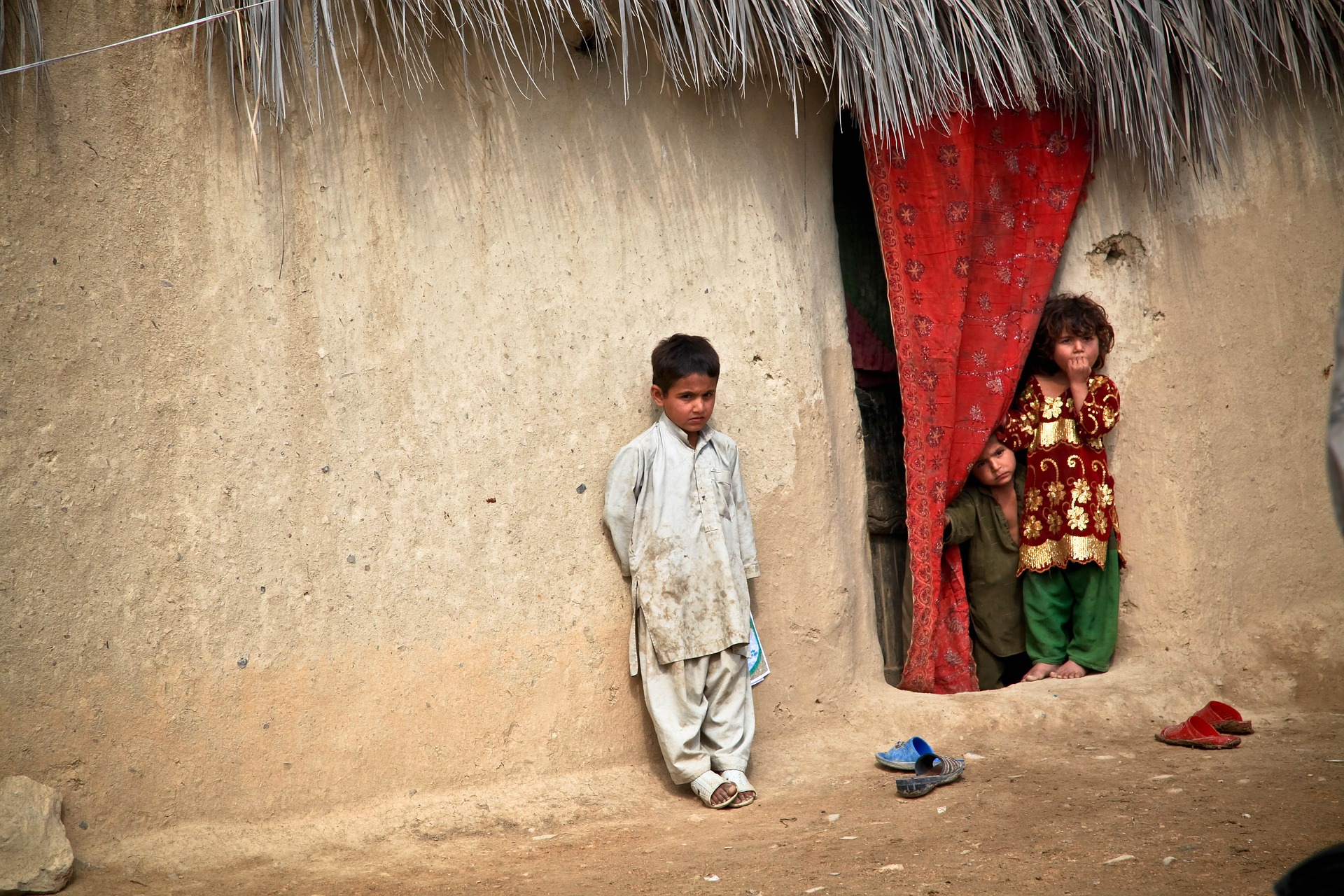




 Featured1 year ago
Featured1 year ago


 Featured2 years ago
Featured2 years ago


 Featured1 year ago
Featured1 year ago


 Featured3 years ago
Featured3 years ago


 Featured4 years ago
Featured4 years ago


 Featured2 years ago
Featured2 years ago


 Featured1 year ago
Featured1 year ago


 Featured2 years ago
Featured2 years ago

